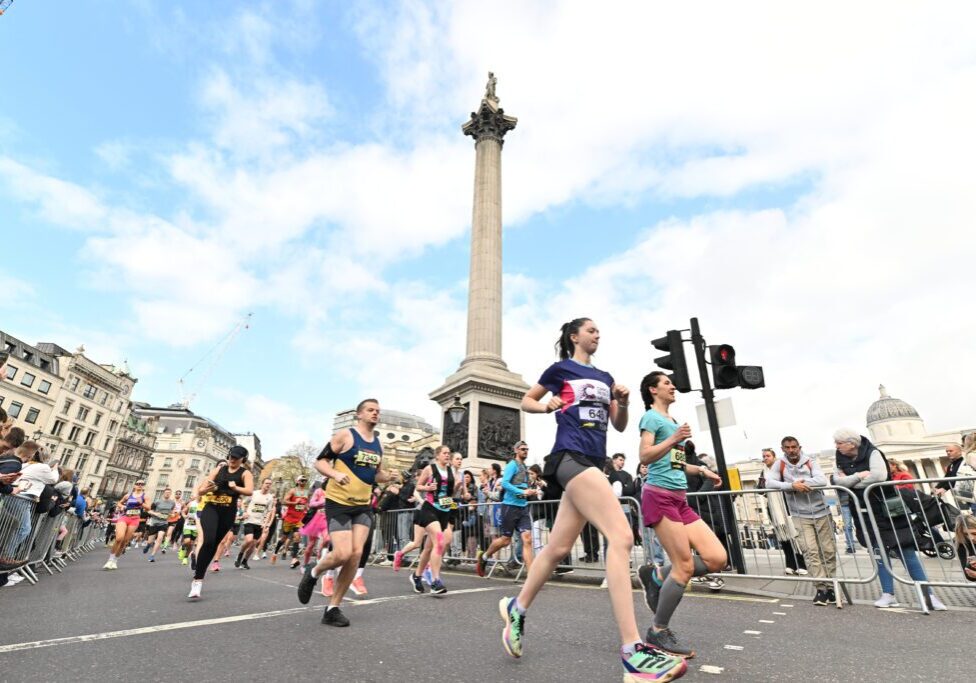
Reclaiming sleep
We recently shared a blog about the importance of sleep for trauma survivors - but what can you do when your own bed was the scene of those painful experiences?
**CW: This blog talks about rape**
A victim-survivor shares her experience of what worked for her when she couldn’t face sleeping in her own bed and some ideas of what might help others.
I was raped as I slept, in my bed, in my home. While the details of these offences may be unique to me, 1 in 3 adult victims/survivors of rape face it in their own home (Rape Crisis, rape and sexual assault statistics).
The memories of waking up haunted me, I couldn’t bear the feeling of my pillows without being instantly thrown back to that moment. The idea of going to sleep terrified me, let alone being in the very same place it happened.
Months of sleeping on the sofa, and accepting that my spine isn’t as forgiving as it once was led me to confront what was happening in my body and mind.
A lot of trial and error followed, so here are some things that worked for me:
Gradual exposure
○ Bringing my duvet to sleep on the sofa, then bringing in the pillows
○ Sitting at the end of the bed with my legs on the floor, varying the spot and increasing the amount of time each day
○ Removing all the bedding and lying on the bare mattress
Change it up!
These refreshers can help to reprogramme those direct links between surroundings and memory:
○ I had such a strong aversion to that environment that I had to buy a new bed, but there are other, smaller changes that helped just as much…
○ Treat yourself to new bedding, sheets, pillows, whatever will give you that sense of newness
○ Rearrange the furniture, or change what’s directly in front of the bed
Engage all of your senses
○ Pillow sprays, plug-in fragrances, or candles (used safely!) in relaxing scents can create a much calmer atmosphere
○ Soothing music or audiobooks, I love a bit of gentle piano but whatever works to keep your mind from getting derailed by painful memories
○ Have breakfast in bed! I don’t know why this worked for me, but it really did. It’s not an extravagant indulgence if you’d be having breakfast anyway, but it’s intentional, feels like a treat, and forces you out of bed before you can ruminate for too long (any excuse for buttery crumpets).
As with anything in life, what worked for me might not work for you but I hope even one idea helps you to reclaim your nights. The most important point I could make is that if you decide to try gradual exposure, be kind to yourself and take it as slowly as you need to. If it takes a few days, a few weeks or longer, remember that what you’re doing takes enormous courage and any small step gets you closer to having your peace back.
If you feel like you need some support after anything you’ve read, please visit our I need help page which has information about our Helpline services about how to contact us.
The latest from our news and blogs

After isn’t After
A little while ago, we received a poem in our inbox. Its words thoughtfully captured a personal experience of sexual violence, and with the author’s permission, we’re sharing it here, knowing it may resonate with many of our followers and supporters.




